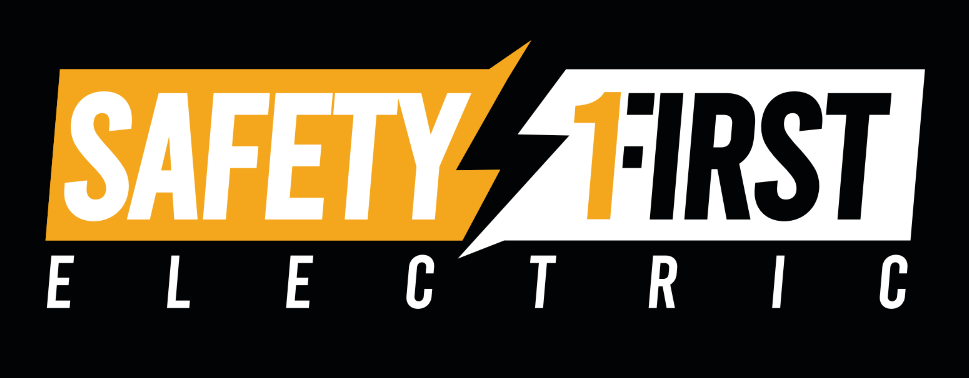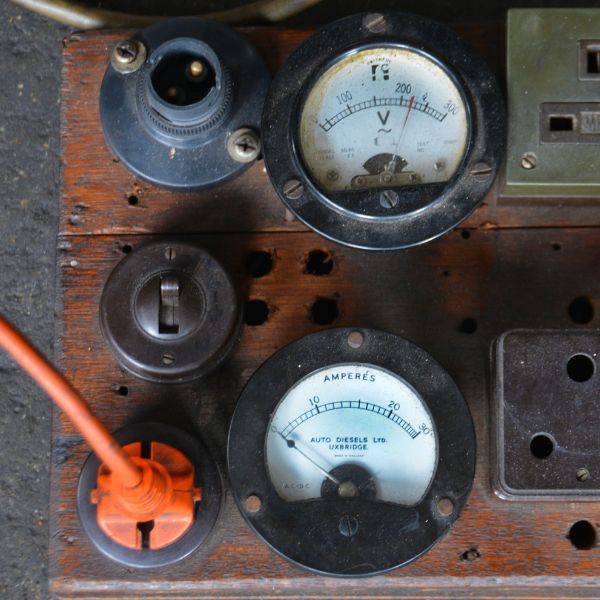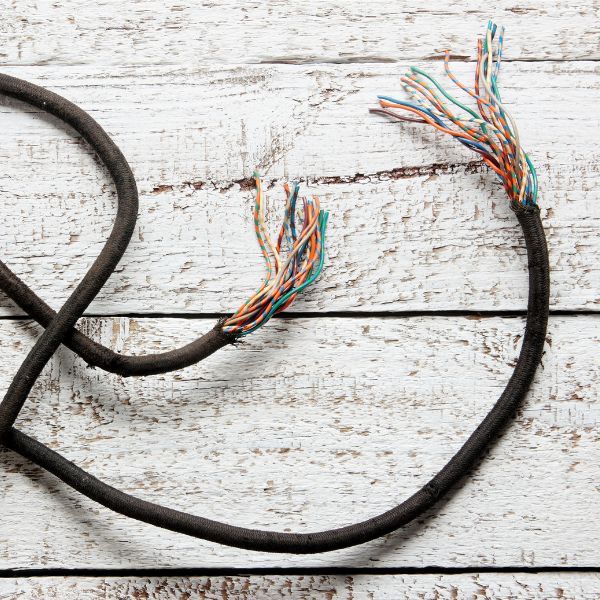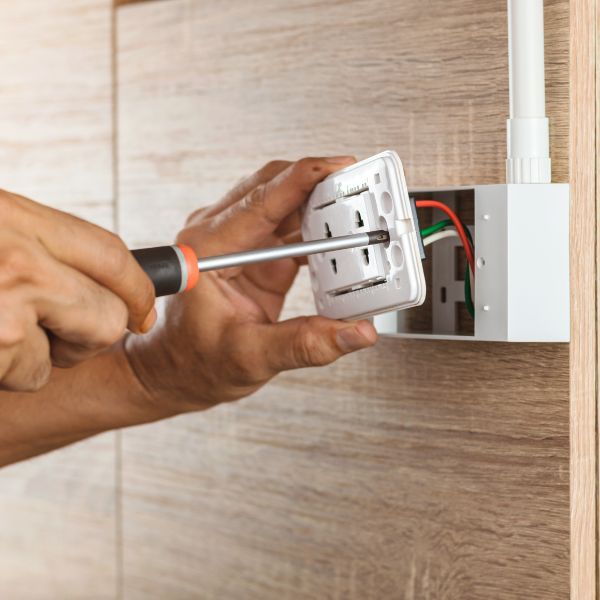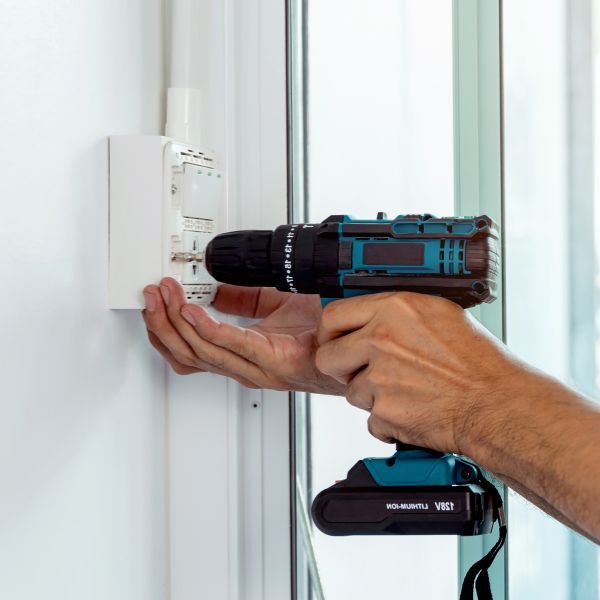Electricity is a vital part of our daily lives, but it also poses significant risks if not handled properly. Electrical fires, shocks, and system failures can cause damage, injury, or worse. Every year, thousands of house fires and accidents occur due to preventable electrical issues. The key to avoiding such dangers is being aware of the potential risks and taking necessary precautions to ensure electrical safety at home.
From understanding how to properly handle electrical appliances to recognizing early warning signs of faulty wiring, homeowners can play an active role in preventing electrical hazards. Whether you're performing routine checks on your outlets or considering an upgrade to your home's wiring system, a little knowledge can go a long way in keeping your household safe.
Understanding basic electrical safety is crucial for every homeowner to protect their property and loved ones. In this guide, we'll cover essential safety measures, common hazards, and tips on when to seek professional help.
